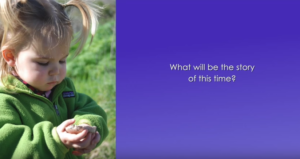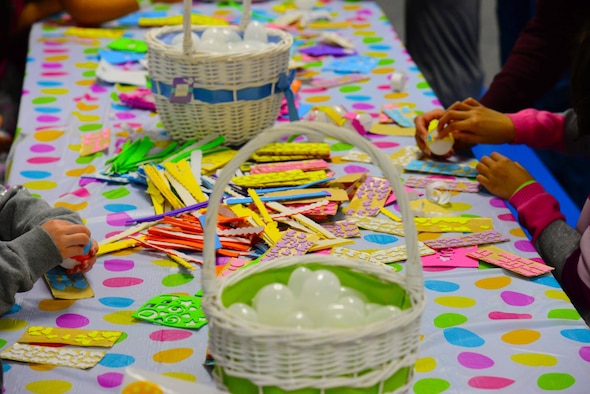A UMass student recently interviewed a member of the Talking Truth planning team for an article she is writing about the project. Her final interview question was, “What can a person do to help stop climate change?” Instead of just one team member’s response, here are responses from a few of the TT planning team members.
Ludmilla Pavlova, Senior Campus Planner
I think of it as applying my human labor to preserving life and natural resources. As often as possible I walk or bike when I am able instead of driving, tend a garden, hang the laundry to dry in the sun, buy local produce, clear invasive weeds, buy used or donate clothing, manage my stuff so there is less waste, spend time with people and animals, attend a concert or a museum.
Emily Tareila, MFA student
Making choices that sincerely take into account the ways decisions impact systems both inside and outside of the self. Consider systems in all forms: (and then list all different kinds of systems of which we are and aren’t directly apart). Not sure if that helps but I think it’s one that people can take on their own terms without promising that we can ‘fix’ anything!
Kris Nelson, Civic Engagment and Service Learning
Perhaps sustainable practices, in order to be “sustainable,” need to bring together the various kinds of work that happens on the inside (What is my role in this? What larger systems am I a part of? Am I listening to my feelings as well as my intellect?) and then how we live that out – our individual actions, and our collective actions, both in creating alternative practices for sustainable living and our work advocating for politically and economically just systems.
Will Snyder, Extension
Also asking “Is this trip (or whatever else) necessary?” I would also remind the questioner that political action, including collective economic action, is the only “practice” that will really affect climate change in a meaningful way.




